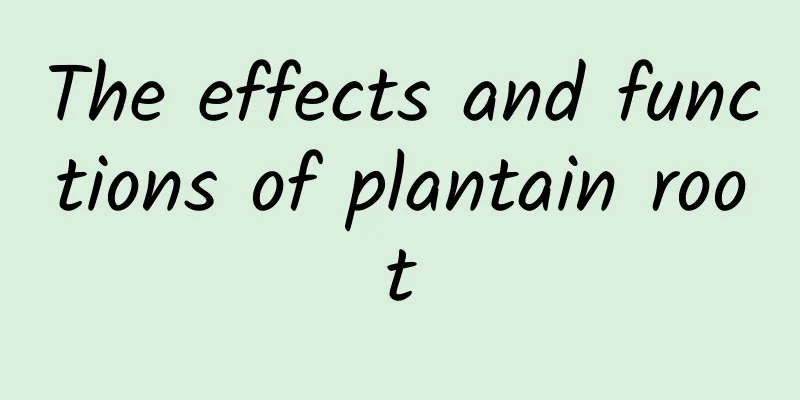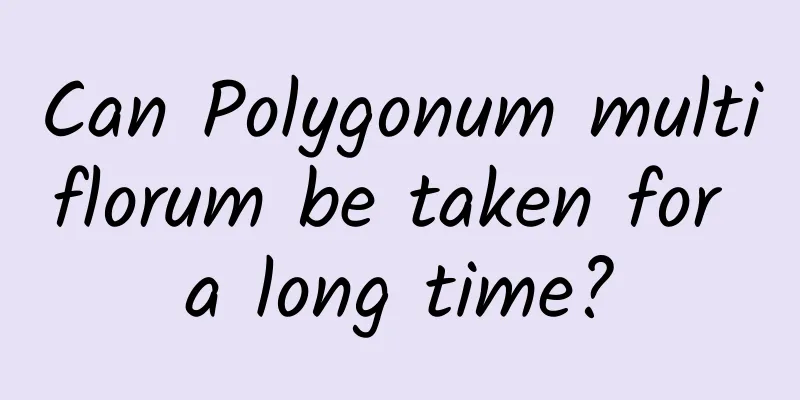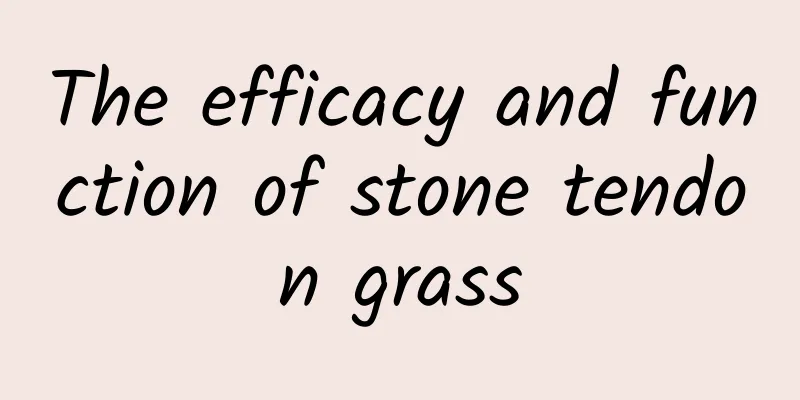The effects and functions of plantain root

|
What are the functions and effects of plantain root? Plantago asiatica, also known as plantain, five-root grass, and wheelbarrow, is a perennial herb with a lotus stem up to 50cm long and with roots. There are two basic types. One is in front of a large truck: the leaves are oval or wide oval. The other is Plantain: it has a taproot and leaves that are oblong or oblate-lanceolate. This kind of plants generally grow in mountains, roadsides, flower beds, rivers and other places. Its underground stem is contracted and hypertrophic, with dense fibrous roots. All its leaves are root-borne, smooth, and have five main veins. It has the effects of curing diarrhea, promoting urination, resolving phlegm, suppressing cough and relieving asthma. 1. Process/Method: (I) Medicinal value: 1. It is beneficial for urination. 2. Expectorant, antitussive, and asthmatic. The plantago glycoside in plantago has the effect of stimulating metabolic nerves; it can promote the secretion of bronchial and bronchial mucus, inhibit the respiratory center, and slow down breathing. 3. Anti-microbial, the car pre-immersion agent has an inhibitory effect on various skin fungi. 4. It has a buffering effect on gastrointestinal function. (II) Efficacy and effects: 1. Treat chronic bronchitis and acute and chronic bacterial dysentery. It is not only beneficial for urination and diarrhea, but also has certain antibacterial, anti-inflammatory and blood circulation effects. 2. Treat high blood pressure and simple indigestion in children, and promote the metabolism of digestive enzymes. 3. Used to correct and grade the fetal position. 4. Treat temporomandibular disorder and enable new fiber tissue to grow in the contracted articular cartilage cavity. (III) Effects of common secret recipes: 1. Treat urinary blockage, blood in urine, secretions, dysentery, and diarrhea. 2. Treat jaundice, fever, cold, epistaxis and high blood pressure. 3. Treat red, swollen and painful eyes, conjunctivitis, sore throat, parotitis and mumps. 4. Treat whooping cough, cough with phlegm and shortness of breath, convulsions, childhood epilepsy, continuous bleeding from wounds, and ulcers. 2. Frequently asked questions: Note: Patients who have symptoms such as fatigue, qi and blood deficiency, kidney deficiency, spermatorrhea, and internal cold and dampness should take the medicine with caution. If it is best to consult a doctor, follow the doctor's advice. In addition, patients with kidney deficiency should not use it together with mild diuretics. |
<<: Plantain is not suitable for people
>>: Characteristics of Plantain
Recommend
Planning a trip during the holidays? Here is a guide to outdoor activities safety
More and more people Pursue the fun and excitemen...
Why is "封神" not "封仙"? The true origin of the words "封" and "神"
The first film of China's first mythological ...
What is the difference between Cistanche deserticola and Cynomorium songaricum
Cistanche grows in the desert. When eating Cistan...
The efficacy and function of willow parasites
There are many kinds of common Chinese medicinal ...
The efficacy and function of thorny grapes
Only when we understand the main ingredients of a...
Which Chinese herbal medicine is the best for pain relief?
In daily life, we often encounter various kinds o...
What are the effects and functions of psyllium
Plantago seed is a kind of Chinese medicinal mate...
Is autonomous driving equivalent to a frog driving a car? How far do smart cars have to go?
Self-driving cars are already a hot topic that ev...
#千万IP创科学热门# “Back to school season” in ancient paintings: When did the earliest school in China appear?
Do you know when the earliest schools in China ap...
Oh no! The waves washed up the mysterious "dough pimple"丨Environmental Trumpet
Hello everyone, this is the 25th issue of the Env...
The efficacy and function of golden hair seven
Golden Seven is a very common medicinal material ...
Can I drink Panax notoginseng powder in summer?
Panax notoginseng powder can be consumed in the s...
What are the effects of the traditional Chinese medicine Astragalus?
Chinese medicinal materials are becoming more and...
The effect of wolfberry saffron wine
Whether at some small gatherings or at large cock...
What are the effects, functions and edible methods of Chinese Rhizoma Achyranthis Bidentatae?
Huai Niuteng is a medicinal herb that people ofte...









